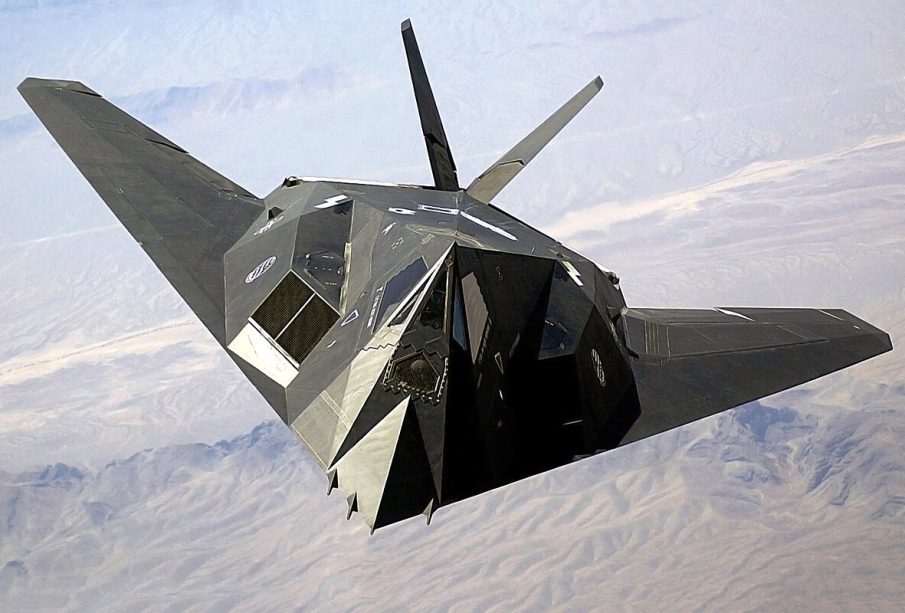The Lasting Impact of World War II on Society

Introduction
World War II, one of the deadliest conflicts in human history, fundamentally reshaped the global landscape.
The war lasted from 1939 to 1945 and involved many of the world’s nations, including all of its great powers. This conflict led to massive social, political, and economic changes that influence our world today. Understanding its significance is crucial as it has led to the formation of international organizations, shifts in power dynamics, and the establishment of treaties that continue to affect global relations.
The Events of World War II
World War II began on September 1, 1939, with the invasion of Poland by Nazi Germany. The Axis powers, led by Germany, Italy, and Japan, fought against the Allies, which included the United Kingdom, the Soviet Union, China, and the United States, among others. Key events such as the attack on Pearl Harbor, D-Day, and the dropping of atomic bombs on Hiroshima and Nagasaki marked significant turning points in the war.
By the end of the conflict in 1945, approximately 70-85 million people had died, which accounted for about 3-4% of the world’s population at that time. The war’s end also resulted in the establishment of the United Nations in 1945, aimed at fostering international cooperation and preventing future conflicts.
The Aftermath: Significant Changes
The aftermath of World War II brought about significant changes in political landscapes worldwide. Europe was left devastated, leading to the Marshall Plan, which aimed to rebuild European economies. Additionally, the war set the stage for the Cold War, a period of tension between the United States and the Soviet Union.
In Asia, decolonization movements gained momentum as colonial powers weakened, culminating in many countries gaining independence. The war also led to a heightened awareness of human rights, culminating in the Universal Declaration of Human Rights initiated in 1948.
Conclusion
World War II serves as a stark reminder of the consequences of conflict and the importance of peace. Its legacy is embedded in contemporary global relations, and the lessons learned from this significant event continue to resonate. As we look to the future, it remains essential to remember the sacrifices made and work towards a more peaceful and cooperative world. The impact of World War II goes beyond history; it shapes our understanding of international relations, cultural exchanges, and our approach toward conflicts today.








